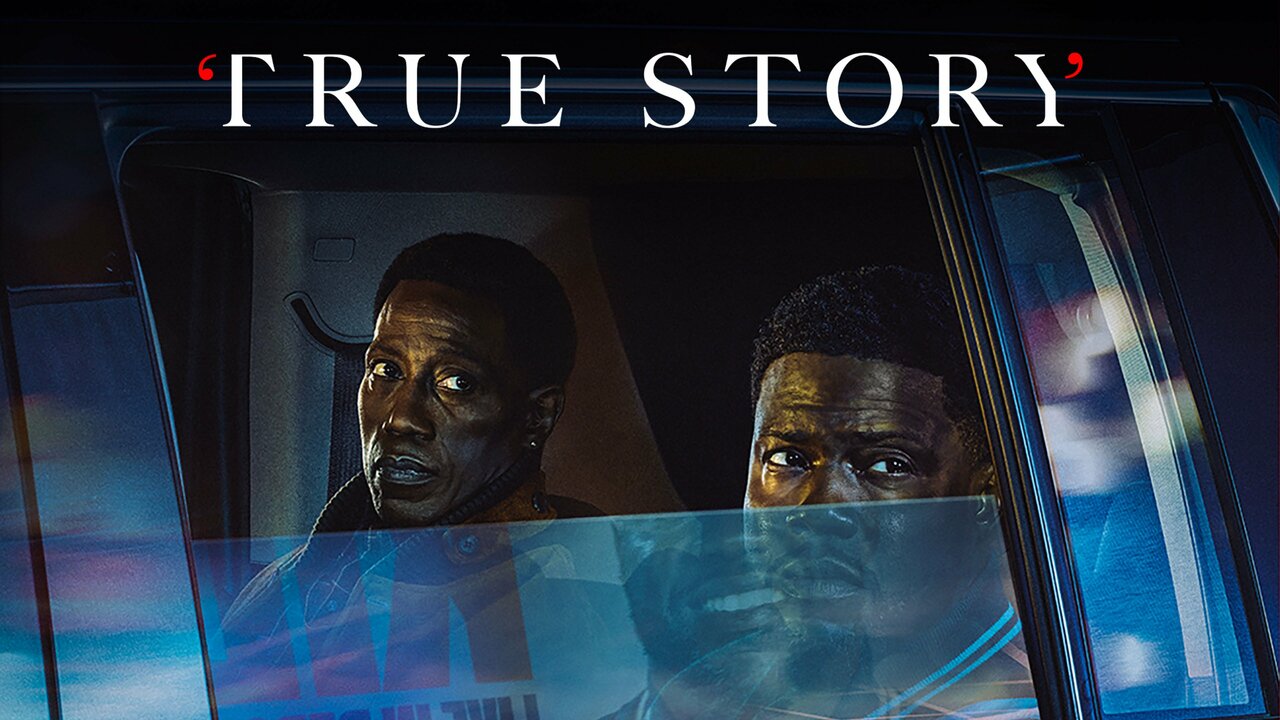The Transformative Power Of True Story Documentaries In Modern Media
Do true story documentaries genuinely serve as a mirror to reality, reflecting the intricate layers of our world with unwavering authenticity? The enduring influence of these films resides in their ability to illuminate the human experience, offering profound insights that transcend mere entertainment. From the vibrant streets of global cities to the quiet recesses of personal battles, documentary filmmaking has established itself as a formidable force in contemporary media. It surpasses the constraints of fictional narratives, delivering raw truths about the human condition, pivotal historical moments, and the complex societal dynamics that define our existence. As technology progresses and audiences increasingly crave authenticity, the art of crafting compelling true stories on film has become more sophisticated. Documentaries are no longer confined to niche markets; they are now a crucial component of cultural discourse.
Embarking on a journey through the realm of true story documentaries reveals their significance and the diverse methodologies employed by filmmakers. These films not only influence public perception but also drive social reform. By exploring the nuances of these narratives, we uncover the truths at their core and the lessons they impart. The documentary genre has evolved significantly, with its roots firmly planted in factual content, offering insightful perspectives into various aspects of human life, societal structures, and historical contexts. These films utilize a narrative style to engage viewers, incorporating interviews with key figures, archival footage for historical context, and expert commentary to provide a comprehensive understanding of the subject matter. Their aim extends beyond mere information dissemination; they challenge pre-existing viewpoints and stimulate meaningful discussions about critical issues.
| Category | Details |
|---|---|
| Name | Ava DuVernay |
| Age | 51 |
| Place of Birth | San Francisco, California |
| Education | University of California, Los Angeles |
| Notable Works | 13th, When They See Us |
| Contribution to Industry | Pioneering work in highlighting racial injustice and systemic oppression |
In today’s media landscape, true story documentaries fulfill several essential functions. They serve as educational tools, enlightening audiences about current issues, historical developments, and cultural trends. Moreover, they raise awareness about social injustices, environmental challenges, and human rights violations. These films foster empathy by sharing personal experiences that resonate deeply with viewers on an emotional level. Many documentaries also inspire action by showcasing tales of resilience and courage. Filmmakers employ a range of techniques to enhance storytelling in true story documentaries, including interviews, archival footage, reenactments, and narration. Conversations with individuals involved in the narrative provide unique perspectives, while historical footage adds authenticity and depth. Reenactments illustrate events that cannot be captured on film, and carefully crafted narration guides viewers through the story, maintaining engagement.
- Macomb County Mi Obituaries Find Recent Tributes Condolences
- Discover Laurel Farmers Market Fresh Finds Local Delights
Several true story documentaries have made a significant impact on audiences and society. For instance, "13th" (2016), directed by Ava DuVernay, delves into the intersection of race, justice, and mass incarceration in the United States. Another powerful film, "The Act of Killing" (2012), challenges former Indonesian death squad leaders to reenact their real-life killings, exposing the atrocities committed during the anti-communist purge. "Won't You Be My Neighbor?" (2018) chronicles the life and legacy of Fred Rogers, advocating for kindness and compassion in a fractured world. "My Octopus Teacher" (2020) documents the relationship between a filmmaker and an octopus, celebrating the beauty of nature and emphasizing the importance of environmental conservation. These films exemplify the transformative potential of documentaries, not only in shaping public opinion but also in driving social change.
Documentaries possess the capacity to catalyze social change by influencing public opinion and bringing critical issues to the forefront. Many advocate for specific causes, encouraging viewers to take action or support organizations striving for change. By presenting diverse viewpoints, documentaries prompt viewers to reassess their beliefs and attitudes. Furthermore, they mobilize communities to unite around a common cause, fostering solidarity and collective action. The rise of streaming platforms has significantly increased the viewership of documentaries. According to a report by Statista, the number of documentary films released worldwide has been steadily increasing, with over 3,000 documentaries released in 2020 alone. A survey conducted by Pew Research Center revealed that 58% of U.S. adults watch documentaries regularly, underscoring their growing popularity. Streaming services like Netflix have invested heavily in documentary content, with over 1,000 original documentaries available for viewers.
Several filmmakers have made substantial contributions to the genre of true story documentaries. Ava DuVernay, renowned for her work in highlighting racial injustice and systemic oppression, has produced notable films such as "13th" and "When They See Us." Errol Morris, celebrated for his innovative storytelling techniques and exploration of truth, is known for "The Fog of War" and "The Thin Blue Line." Laura Poitras, a trailblazer in investigative journalism and human rights advocacy, has directed "Citizenfour" and "My Country, My Country." Joshua Oppenheimer, recognized for his exploration of the aftermath of violence and trauma, has created "The Act of Killing" and "The Look of Silence." These filmmakers have not only shaped the genre but also influenced broader societal conversations.
- Behind Blackrock The Fink Family Dwayne The Rock Johnsons Roots
- Robert Krafts Stolen Super Bowl Ring Putins Secret
The impact of true story documentaries extends beyond individual films and filmmakers. They contribute to a larger cultural dialogue, influencing trends and perceptions within the entertainment industry. Celebrities and public figures often engage with these films, amplifying their reach and impact. For example, Oprah Winfrey's involvement in documentaries such as "Tulsa: The Fire and the Forgotten" brought attention to historical injustices and sparked discussions about race relations in America. Similarly, Leonardo DiCaprio's advocacy for environmental documentaries like "Before the Flood" highlighted the urgency of climate change. The intersection of celebrity influence and documentary filmmaking creates a powerful platform for social reform.
The societal impact of documentaries is evident in their ability to challenge established norms and provoke change. They serve as catalysts for conversations about race, gender, and environmental sustainability. For instance, "13th" ignited discussions about systemic racism and mass incarceration, prompting legislative reforms and policy changes. "The Act of Killing" forced Indonesia to confront its violent past, leading to increased awareness and accountability. "My Octopus Teacher" fostered a deeper appreciation for marine life and environmental conservation, encouraging viewers to adopt sustainable practices. These films exemplify the transformative power of documentaries in shaping public discourse and driving societal progress.
As the documentary genre continues to evolve, its role in modern media becomes increasingly significant. Filmmakers employ cutting-edge technology and innovative storytelling techniques to engage audiences and convey complex narratives. The rise of digital platforms has democratized access to documentaries, allowing diverse voices and perspectives to be heard. This democratization has led to a proliferation of films addressing a wide range of issues, from social justice to environmental sustainability. The genre's ability to adapt to changing technological landscapes and audience expectations ensures its continued relevance in shaping cultural conversations.
True story documentaries have become indispensable in today’s media landscape, serving as a powerful medium for education, awareness, and social change. They challenge viewers to confront uncomfortable truths and inspire action. The genre's evolution reflects broader societal trends, with filmmakers increasingly focusing on underrepresented voices and untold stories. As audiences continue to demand authenticity and depth, documentaries will remain a vital component of cultural discourse, influencing perceptions and driving progress. The enduring power of these films lies in their ability to illuminate the human experience, offering insights that resonate far beyond the confines of entertainment.
- Grit Tv Schedule Listings Whats On Where To Watch Now
- Kate Mckinnons Partner Jackie Abbott Their Relationship Details

TRUE CRIME DOCUMENTARIES YouTube

10 Scariest TrueCrime Documentaries

True Story (2021) Netflix Miniseries Where To Watch